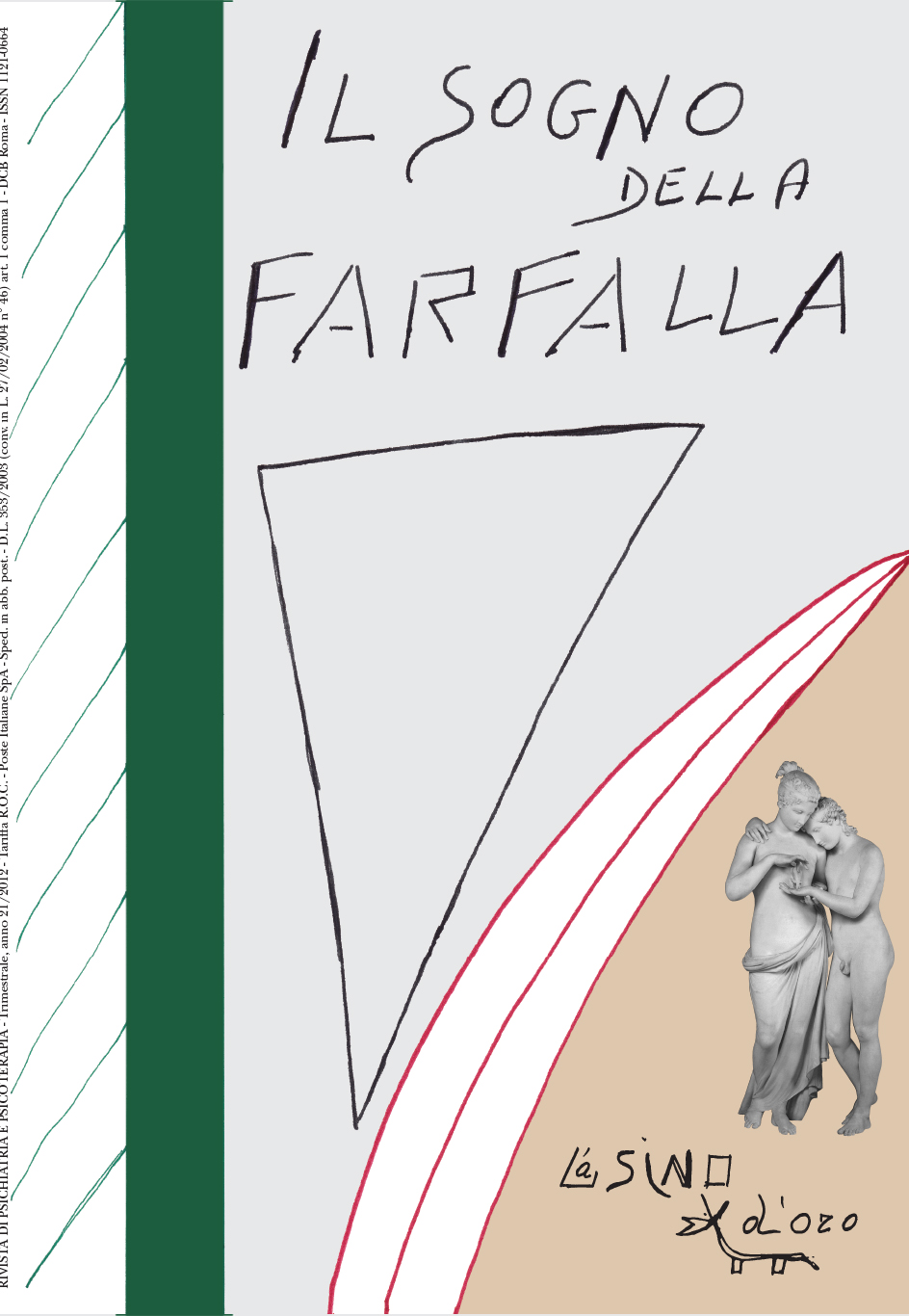The psychotherapy of psychosis: a comparison between the human birth theory and Harry Stack Sullivan and Frieda Fromm-Reichmann lost opportunity
DOI:
https://doi.org/10.14663/sdf.v32i2.884Abstract
The aim of this article is to discuss the psychotherapeutic treatment of psychosis and schizophrenia, with a particular focus on psychodynamics’ orientations. The authors analyze the reasons why the psychotherapeutic practice of some pioneering figures, such as Harry Stack Sullivan and Frieda Fromm-Reichmann, didn’t manage to succeed in the treatment of psychosis. The objective of this article is to demonstrate how the human birth theory is able to pursue a psychotherapy of psychosis since it is founded on a theoretical framework that recognizes the role of the non-conscious mind. This dimension, which many theories have failed to comprehend, is indeed fundamental in order to understand etiopathogenic mechanisms that lead to the development of mental disorders. Moreover, the human birth theory allows to face one of the most complex issues for psychotherapists: the relationship with the psychotic patient which represents a challenge for their capability to understand, comprehend and resist bringing into question, most of all, their personal and professional identity.


